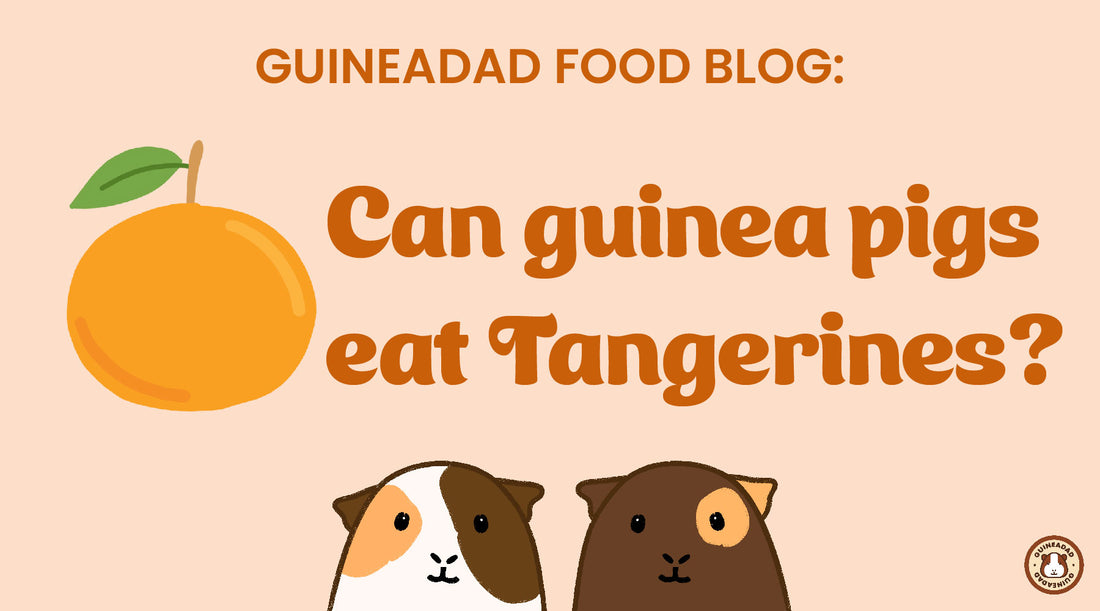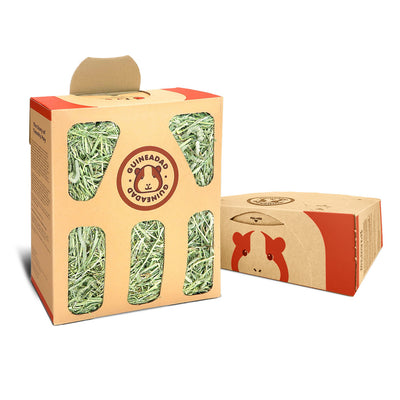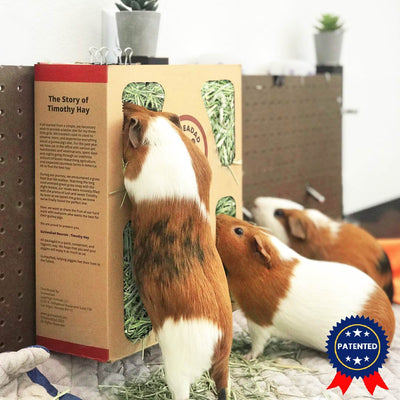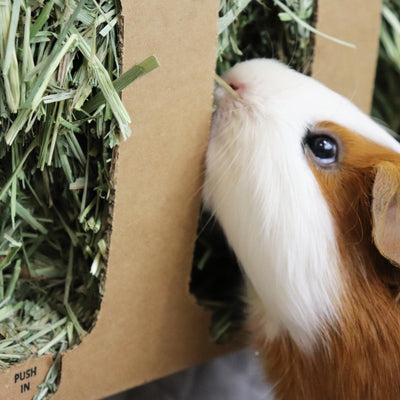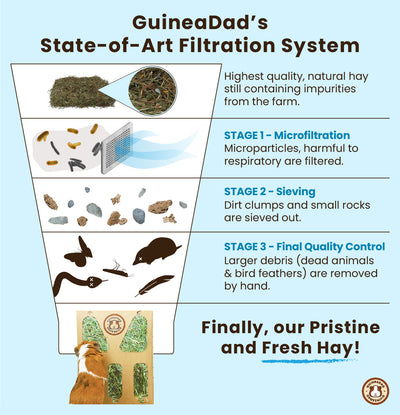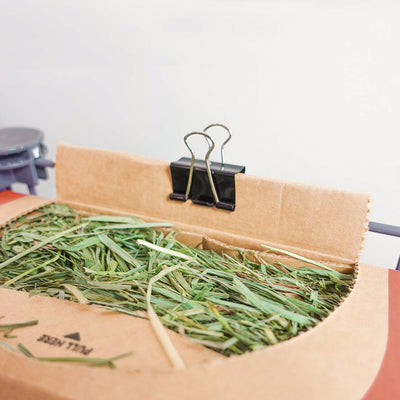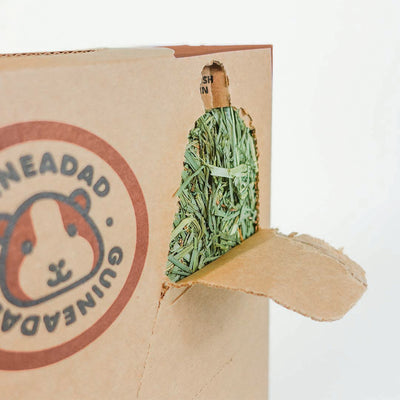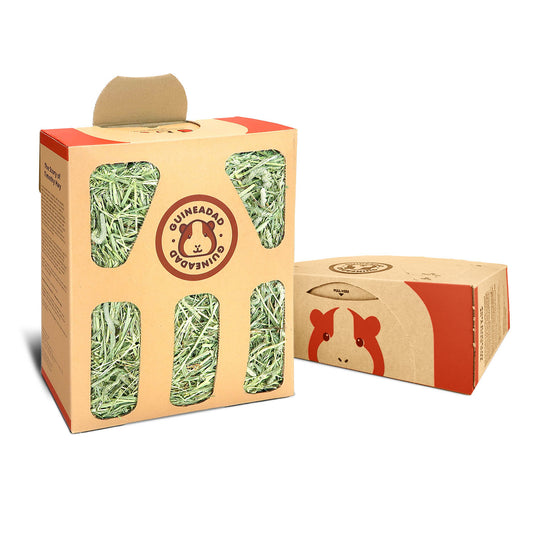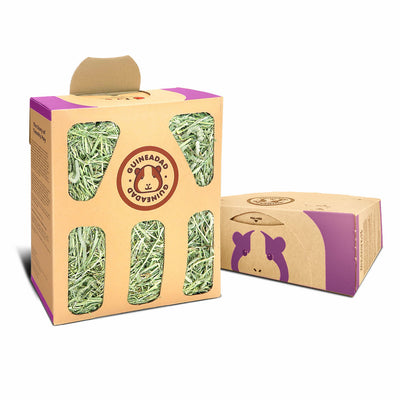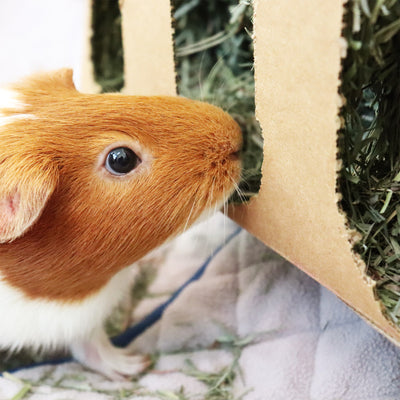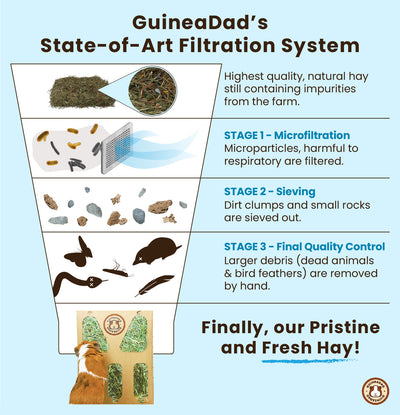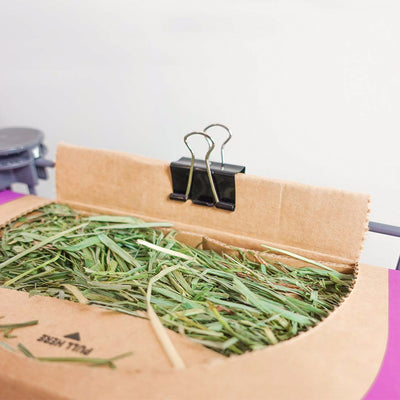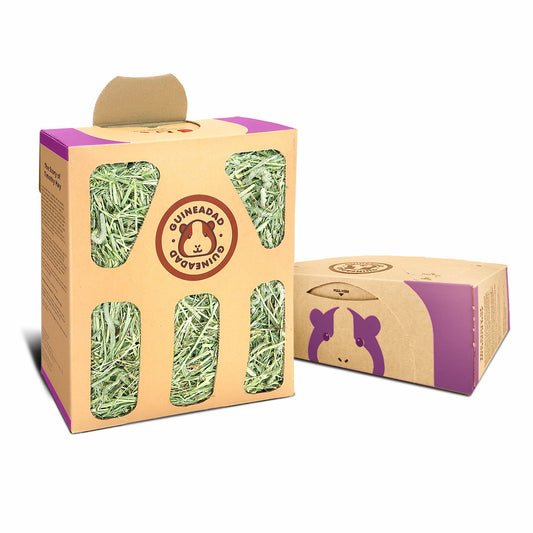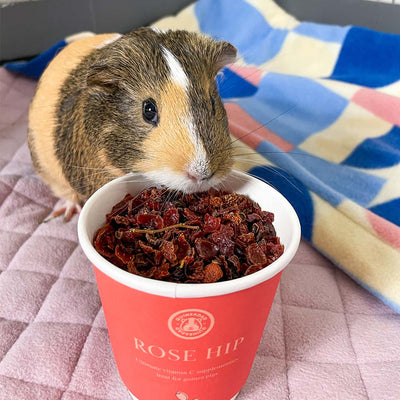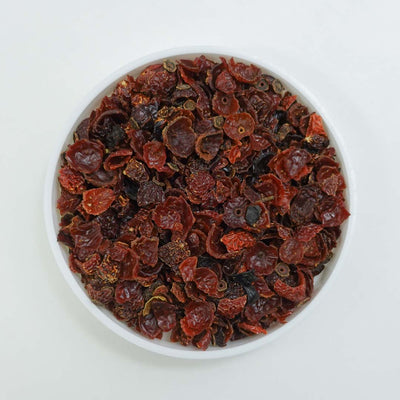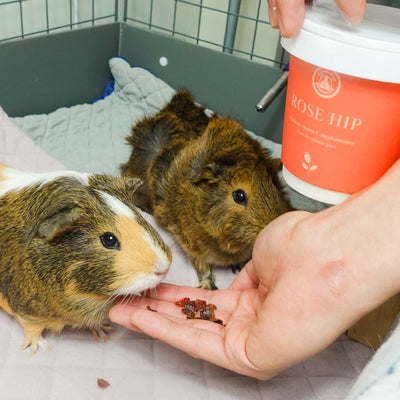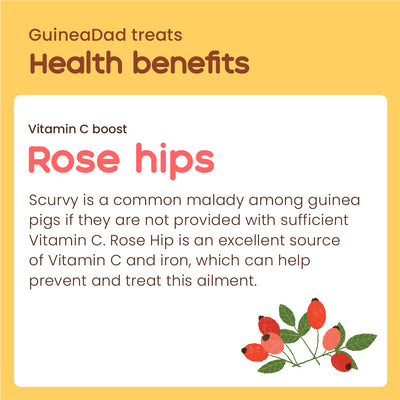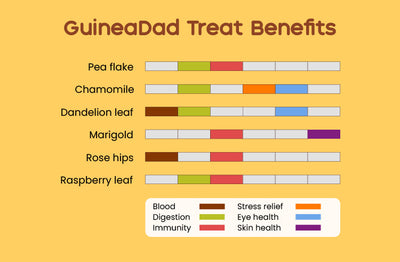Just like with many fruits and vegetables, guinea pigs can eat tangerines, but in moderation! It’s important to note that most fruits are high in sugar content which makes it vital that our piggies aren’t given too much fruit too often.
We've also got a Fruit Master List that lists common fruits that your piggy can and can't eat!
What vitamins and other nutrients do tangerines contain?
Vitamin C
This is helpful for protecting your piggy's cells against the effects of free radicals, which have a part in heart disease, cancers and other diseases. It’s important that the guinea pig immune system is strong, as it helps keep them from getting sick! Whether they get sick from infections or other illnesses, they need to be able to fight them off. Vitamin C is also good for helping their body absorb and store iron, and preventing scurvy. There is 26.7 mg in 100 g of tangerine.
Calcium
Your guinea pig needs calcium for the formation and maintenance of strong bones! This is why older and younger guinea pigs will need more calcium than normal guinea pigs. Younger ones need it because they’re still growing and developing, and older ones need to maintain their bones as they age! Their heart, muscles, and nerves need calcium to function properly. There is 37 mg in 100 g of tangerine.
Phosphorus
This works in tandem with calcium to keep your guinea pig’s bones strong! It’s important that the ratio of calcium and phosphorus is balanced in order for the two to work properly! It also helps remove waste and repair damaged tissues in your piggy’s body. There is 20 mg in 100 g of tangerines.

What other benefits does tangerines provide for your guinea pig?
Tangerines are low in calories, which makes them less likely to put on weight from eating this juicy fruit! They’ve also got lots of fiber, which means it’s great for keeping your guinea pig’s digestive system in check. Tangerines also have a good amount of vitamin A, which is great for promoting good eyesight and their skin.
What are the downsides about tangerines for guinea pigs?
Unfortunately, even though there are some great benefits for guinea pigs when consuming tangerines, there are a few drawbacks as well. Like many other fruits, they’re high in sugar and can lead to some digestive issues. These include upset stomach and diarrhea, since they’re unable to fully process sugar like we can. This is why it’s important to keep an eye on their sugar intake to make sure they don’t have to suffer from belly problems!
Tangerines are also pretty high in calcium, which means excessive consumption of it will have some pretty unpleasant effects on your guinea pig. Too much calcium causes deposits that look like little white granules to form in their urine, and it can be painful for your piggy to pass.
Guinea pigs can eat tangerines, but do they like it?
Yes, because they’re sweet and juicy!
How should you go about feeding your guinea pig tangerines?
To avoid any particularly unsavory health side effects, we suggest only feeding your guinea pig tangerines one or two wedges of the fruit, once or twice a week. This, of course, is after you’ve introduced it to them in a tiny amount! This is so you can gauge whether your guinea pig’s body in particular displays signs of tangerine rejection. If they immediately have digestive problems after consuming a small amount, we recommend skipping out on this fruit.

Overall, it is OK to feed your guinea pigs tangerines!
Guinea pigs need a balanced diet of hay, pellets, and fruits and vegetables—it’s important that we make sure we take into account what each fruit or veggie brings to the table, so we can be sure that they’ll be good for our piggies!
What else can guinea pigs eat?
Check out our Fruit Master List for quick facts on common fruits that your guinea pig can and can't eat.


